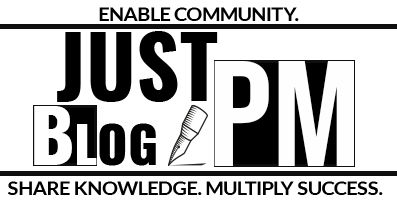- Earned Value Management (EVM):
- Planned Value (PV): The value of work planned to be completed by a specific time.
- Earned Value (EV): The value of work actually completed by a specific time.
- Actual Cost (AC): The actual costs incurred for the work done during a specific time.
- Schedule Variance (SV): SV=EV−PV – Measures how ahead or behind schedule the project is.
- Cost Variance (CV): CV=EV−AC – Measures how under or over budget a project is.
- Schedule Performance Index (SPI): SPI=EV/PV – Indicates how efficiently the project team is using its time.
- Cost Performance Index (CPI): CPI=EV/AC – Indicates how efficiently the project team is using its financial resources.
- Estimate at Completion (EAC): An estimate of the total project cost when completed. It considers the actual costs to date and the estimate to complete (ETC).
- Budget at Completion (BAC): The total budget allocated for the project.
- Estimate to Complete (ETC): An estimate of the remaining funds required to complete the project.
- To-Complete Performance Index (TCPI): TCPI=(BAC−EV)/(BAC−AC) – Indicates the efficiency at which the remaining resources should be utilized to complete the project on budget.
- Performance Reviews: Periodic reviews to assess the performance of the project against its baseline.
- Variance Analysis: A detailed analysis to determine the cause and degree of difference between the baseline and actual performance.
- Project Management Software: Tools like MS Project, Primavera, and other specialized software can help in tracking, analyzing, and reporting cost-related data.
Outputs from Cost Control Process:
- Work Performance Information: Provides insights into how well the project is performing in terms of its budget and schedule.
- Cost Forecasts: Updated and more accurate forecasts of the project’s total costs based on current performance and trends.
- Change Requests: Proposals to increase the budget or adjust schedules based on the project’s performance.
- Project Management Plan Updates: Revisions to the project management plan, especially the cost baseline, to reflect the current understanding of the project.
- Project Document Updates: Updates to various project documents like the risk register, cost estimates, and basis of estimates based on the latest data and analysis.
- Organizational Process Assets Updates: Lessons learned, cost control best practices, and other insights that can be used for future projects.
These tools, techniques, and outputs provide a comprehensive framework to monitor, control, and adjust project costs, ensuring that projects are delivered within budget and provide value to stakeholders.


